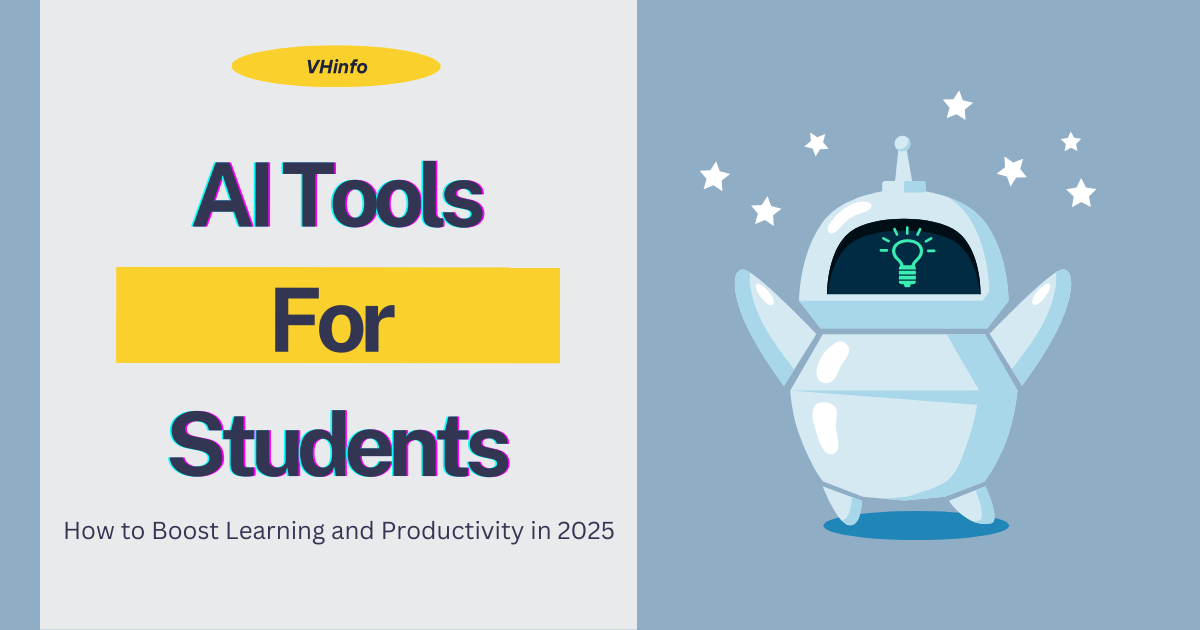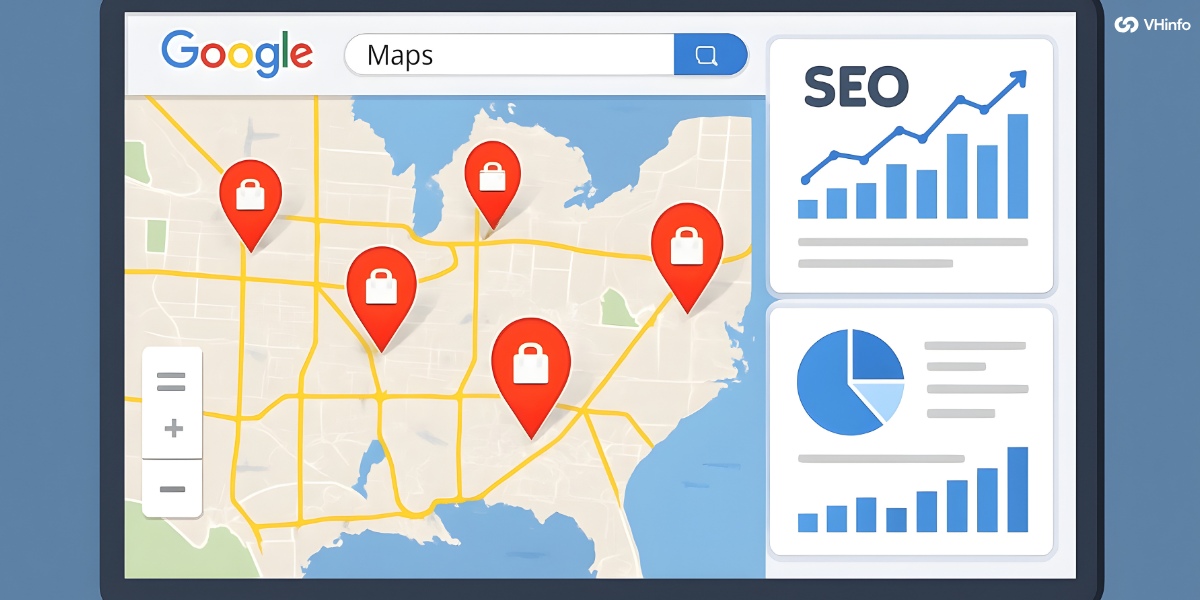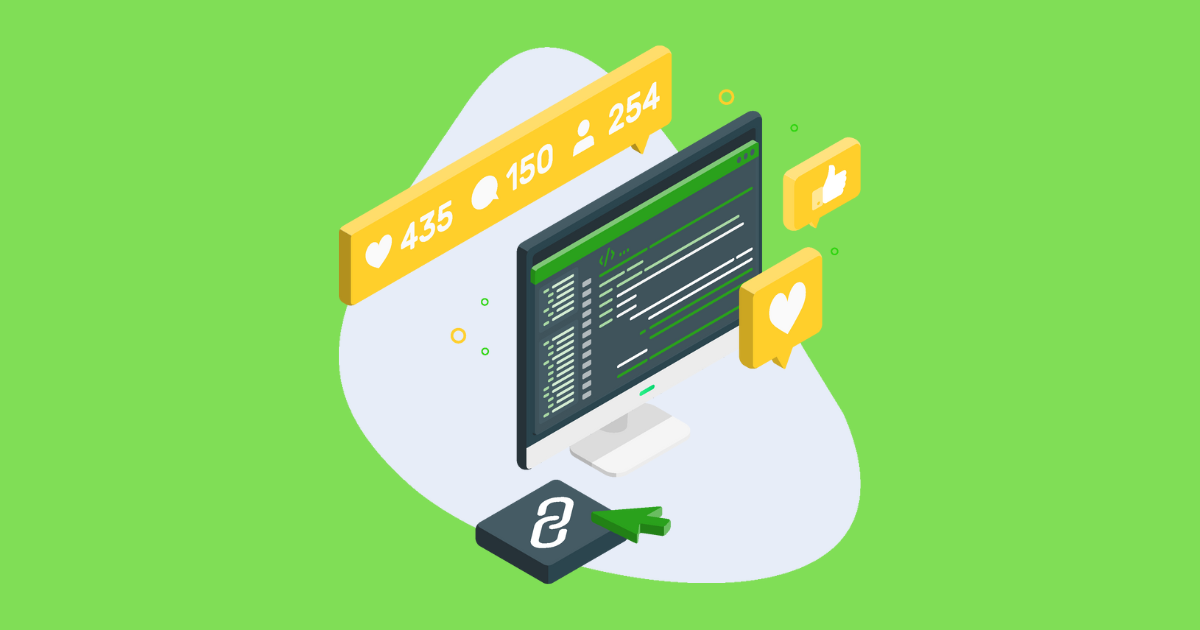Artificial Intelligence (AI) has significantly transformed education, offering students new ways to learn, engage, and improve their academic performance. From personalized tutoring to automated grading systems, education AI tools have made learning more efficient and accessible than ever before.
AI Tools for Academic Success – When AI Isn’t Enough
AI is not only about understanding concepts; it also assists students in completing assignments quickly and effectively. However, certain academic tasks require more in-depth analysis and expertise that AI tools may not be equipped to handle. If you’re facing a difficult task that AI struggles with, our expert service is here to help with all types of college assignments, including philosophy essay writing service for students. Our philosophy writing service offers professional support for those who need help crafting well-researched, thought-provoking essays that meet the rigorous demands of philosophy coursework. Whether you’re grappling with ethical dilemmas or complex philosophical theories, our experienced writers can ensure accuracy, clarity, and depth in your philosophy essays.
Best AI Tools for College Students
AI tools cater to various educational needs, from writing assistance to personalized tutoring. Here are some of the most effective AI tools helping students boost their academic performance:
1. Learning Management Systems (LMS) – Coursera, Moodle
AI-integrated LMS platforms analyze student progress and suggest personalized learning materials. These systems help students stay on track by providing adaptive learning modules tailored to their strengths and weaknesses. With the rise in Learning Management System (LMS) development, educational institutions and training providers are now building smarter platforms that combine AI with real-time data to offer more effective and engaging learning experiences.
2. Virtual Tutors – ScribeSense, Carnegie Learning
How can AI help students understand difficult subjects? Virtual tutors analyze student responses, identify weak areas, and provide targeted lessons. These tools offer instant feedback, making the learning process more interactive and engaging.
3. Language Learning AI – Duolingo, Rosetta Stone
Language learning has become more accessible thanks to AI. These tools simulate conversations, analyze pronunciation, and tailor lessons based on individual progress. Using AI in the classroom ensures students can practice languages in a dynamic, immersive environment.
4. Writing Assistants – Grammarly, Hemingway Editor
Writing can be challenging, but AI-powered tools like Humanize AI-generated writing help students improve grammar, structure, and coherence. These assistants analyze text, suggest improvements, and enhance writing quality, making them invaluable for academic essays and research papers.
5. Note-Taking & Transcription – Otter.ai, Sonix
For students attending lectures, AI-powered transcription tools convert spoken content into written text, ensuring they never miss essential details. These tools help with organization, allowing students to review and search lecture notes efficiently.
6. Academic Assistance Chatbots – ChatGPT, Socratic
Chatbots in higher education, powered by AI provide instant answers to student queries, reducing the need for extensive online searches. These bots assist with research, coursework, and general academic inquiries, enhancing learning efficiency.
7. Productivity & Organization – Notion, Todoist AI
AI-driven productivity tools help students manage their schedules, set reminders, and track deadlines. Features like AI-powered calendars and automated to-do lists ensure students stay on top of their academic responsibilities without feeling overwhelmed.
8. Free AI Tools – QuillBot, Citation Machine
WWhile many AI-powered platforms come with subscription fees, several free AI tools for students provide essential academic assistance—and it’s important to use secure passwords when signing up to protect personal information. Free AI-based grammar checkers, citation generators, and virtual tutors help students refine their work without extra costs.
9. AI Math Solvers – Calculator-Online AI Math Solver
For students facing complex equations or needing step-by-step guidance in math, AI-powered math solvers are game-changers. AI Math Solver by Calculator-Online.net helps users instantly solve algebra, calculus, and other mathematical problems with detailed solutions. It’s an excellent support tool for homework, exam prep, or when stuck on a tricky question. Unlike generic calculators, this AI-driven solver explains the logic behind each step, making it a valuable learning companion rather than just a shortcut.
Choosing the Right AI Tool for Your Needs
With so many AI tools available, selecting the right one can be challenging. Consider the specific needs of your coursework and personal learning style. Some AI tools specialize in tutoring, while others focus on productivity or research assistance. Look for tools that integrate well with your existing study habits, offer reliable accuracy, and have positive user feedback. Testing a few different options can help determine which AI-powered solutions enhance your academic performance most effectively.
The Role of AI in Education
AI is reshaping the educational landscape by improving access to learning resources, enhancing engagement, and personalizing instruction. Teachers and students benefit from AI-driven insights that identify knowledge gaps and suggest targeted study strategies. However, while AI supports the learning process, it cannot replace the critical thinking, mentorship, and emotional support provided by human educators. The best approach is a blended learning model where AI complements traditional teaching methods, ensuring students receive well-rounded education experiences.
Future of AI in Education
The future of AI in education is promising, with continuous advancements expected to make learning even more efficient. From AI-powered assessment tools to real-time collaboration platforms, AI is set to reshape the academic landscape. However, while AI enhances learning, the role of educators remains irreplaceable. AI should be seen as a supplement to traditional teaching, supporting rather than replacing human interaction.
Conclusion
How AI can help students extends beyond just personalized learning. By offering tailored instruction, improving accessibility, and automating tedious tasks, AI tools are reshaping education. Whether through adaptive tutoring, writing assistance, or organizational tools, AI is empowering students to achieve their academic goals more efficiently. As technology evolves, leveraging AI tools will be essential for maximizing learning potential in 2025 and beyond.



